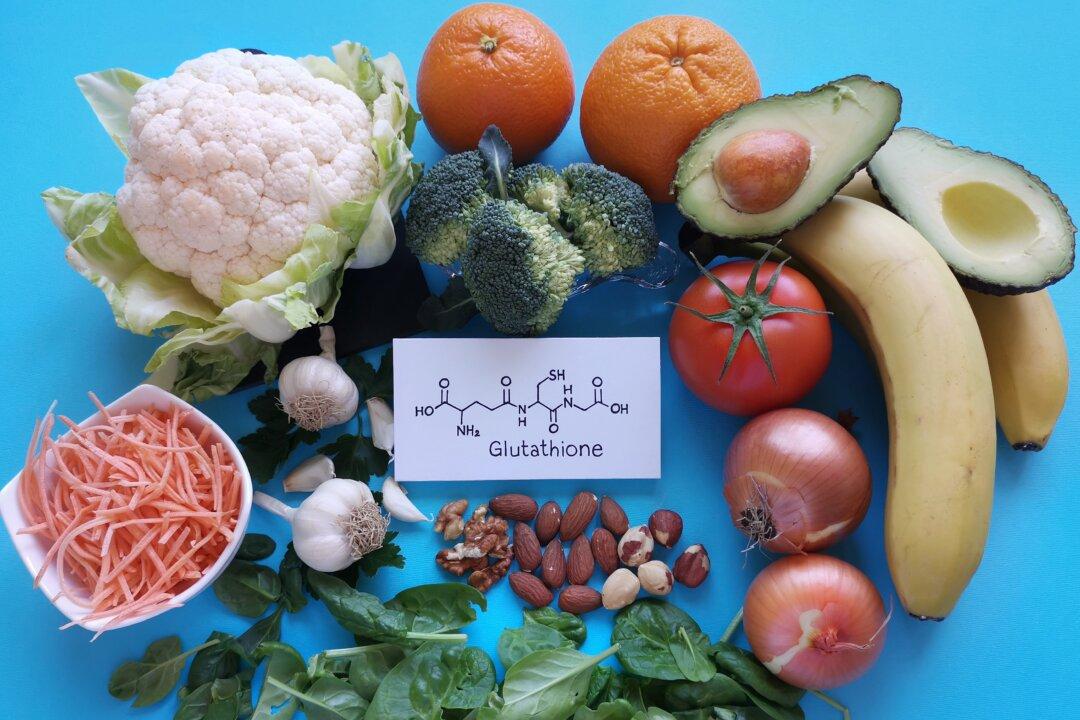Glutathione is an antioxidant made from three amino acids in your body. It’s produced by your liver and plays an important role in combating reactive oxygen species that can damage your cells.
Now, researchers have linked glutathione deficiency with more severe COVID infections. Data shows that people who are deficient in glutathione can experience some of the more serious symptoms of COVID-19, according to an article published in ACS Infectious Diseases.






